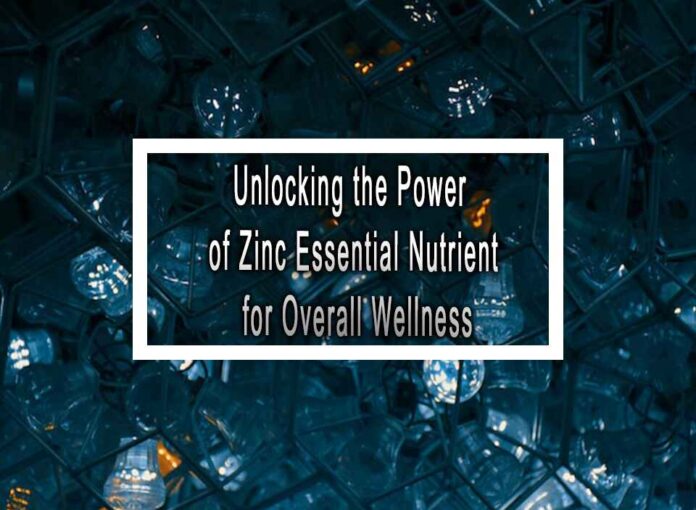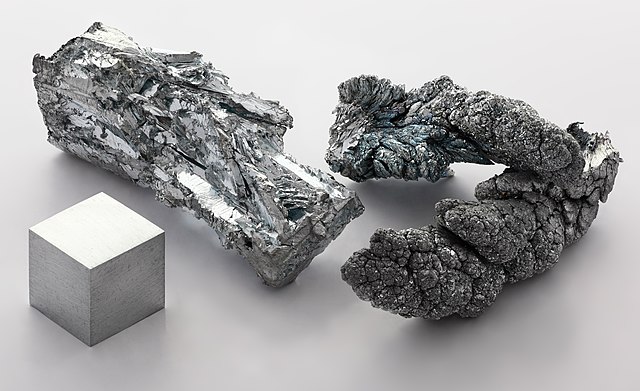Zinc is an essential nutrient that plays a crucial role in maintaining overall health and wellness. It is involved in various physiological processes in the body and is vital for many aspects of well-being. Here’s an overview of zinc and its importance for overall wellness:
1. Role of Zinc in the Body:
- Immune Function: Zinc is known for its immune-boosting properties. It helps the immune system fight off infections and supports the production and function of white blood cells.

- Wound Healing: Zinc is necessary for proper wound healing and tissue repair. It plays a role in the synthesis of collagen, a structural protein in the skin.
- Cell Growth and Division: Zinc is involved in cell division and growth, making it essential for the development and maintenance of tissues and organs.
- Enzyme Function: Many enzymes in the body require zinc as a cofactor to carry out essential biochemical reactions.
- DNA and RNA Synthesis: Zinc is necessary for the synthesis and stability of DNA and RNA, the genetic material of cells.
- Sense of Taste and Smell: Zinc is important for the sense of taste and smell, and its deficiency can lead to altered perceptions of these senses.
2. Dietary Sources of Zinc:
- Animal Sources: Foods like meat (particularly red meat), poultry, fish, and dairy products are rich sources of zinc.
- Plant Sources: Legumes (e.g., beans, lentils), nuts, seeds (especially pumpkin seeds), and whole grains also contain zinc, although it is generally less bioavailable from plant-based sources.
3. Recommended Daily Intake:
- The recommended dietary allowance (RDA) for zinc varies by age and gender. For adults, the RDA is typically around 8-11 milligrams per day.
4. Zinc Deficiency:
- Zinc deficiency can lead to a range of health issues, including impaired immune function, delayed wound healing, hair loss, skin problems, and altered taste and smell perception.
5. Supplements:
- Zinc supplements are available and can be used to address deficiencies or support specific health needs. However, it’s important not to exceed recommended dosages, as excessive zinc intake can lead to toxicity and adverse effects.
6. Wellness and Health Benefits:
- Zinc is associated with several wellness and health benefits, including:
- Immune Support: Adequate zinc intake can help support a healthy immune system, reducing the risk of infections and illnesses.
- Skin Health: Zinc plays a role in maintaining healthy skin, and it is sometimes used in skincare products to treat certain skin conditions.
- Wound Healing: Zinc can aid in the healing of wounds, including minor cuts and scrapes.
- Sensory Perception: Proper zinc levels contribute to a normal sense of taste and smell.
- Antioxidant Properties: Zinc acts as an antioxidant, helping to protect cells from oxidative stress.
7. Consult a Healthcare Professional:
- If you suspect a zinc deficiency or are considering zinc supplementation, it’s important to consult a healthcare professional for guidance. They can assess your individual needs and provide recommendations tailored to your health status.
Zinc is an essential mineral that supports various aspects of wellness, from immune function and wound healing to sensory perception and overall health. Ensuring an adequate intake of zinc through a balanced diet or supplementation when necessary can help promote optimal well-being.












